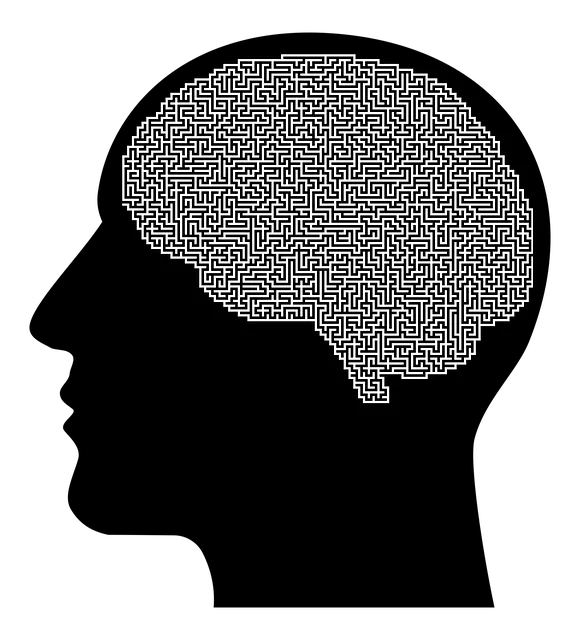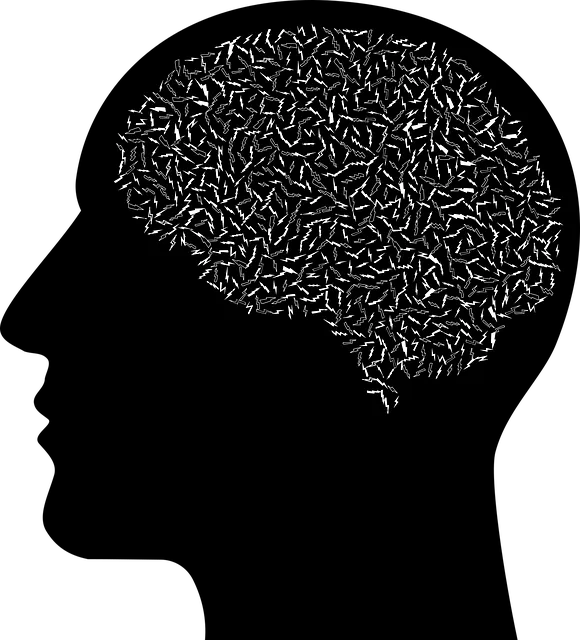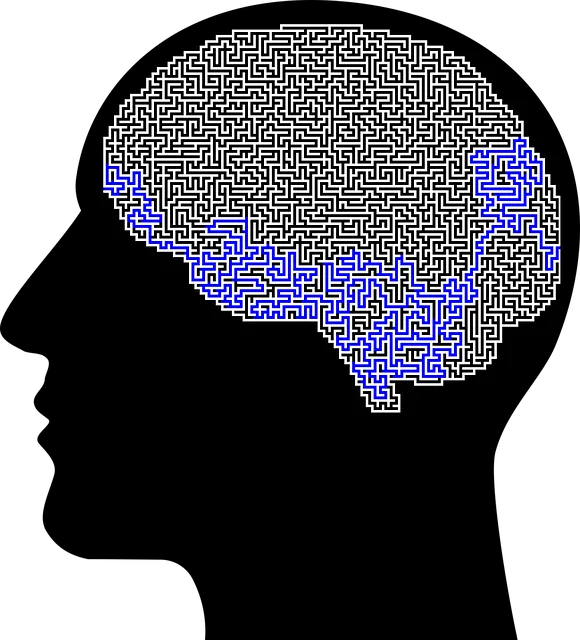The Kaiser Permanente mental health facility in Denver provides comprehensive support for individuals coping with loss, grief, and bereavement. They offer tailored trauma support services, including therapy, support groups, meditation, and self-compassion practices, to help patients navigate intense emotions and build resilience. Specialized bereavement counseling addresses complicated grief and focuses on self-care routines, while cognitive-behavioral therapy (CBT) tackles negative thought patterns. The facility's holistic approach prioritizes both patient and staff well-being through evidence-based models and initiatives aimed at burnout prevention.
“Grief is a universal human experience, yet navigating loss can feel overwhelming. This comprehensive guide explores the intricate relationship between loss, grief, and bereavement, offering insights into their distinct yet interconnected nature.
At the Kaiser Permanente Mental Health Facility in Denver, we recognize that counseling plays a pivotal role in helping individuals heal. Our experts delve into effective therapeutic approaches tailored to these challenging times, providing a safe space for expression and growth. Discover resources and support tailored to your needs at our facility, dedicated to guiding you through the grieving process.”
- Understanding Loss, Grief, and Bereavement: A Comprehensive Overview
- The Role of Counseling in Navigating Difficult Times (Kaiser Permanente Mental Health Facility Denver)
- Identifying Signs of Complicated Grief and When to Seek Professional Help
- Therapeutic Approaches in Loss Grief and Bereavement Counseling
- Resources and Support Available at Kaiser Permanente Mental Health Facility Denver
Understanding Loss, Grief, and Bereavement: A Comprehensive Overview

Loss, grief, and bereavement are complex emotional experiences that can profoundly impact an individual’s well-being. Understanding these concepts is crucial for anyone seeking support at a mental health facility, such as those offered by Kaiser Permanente in Denver. When someone experiences a significant loss, whether it’s the death of a loved one, an ending of a relationship, or a major life change, they embark on a journey of grief. This process involves a range of intense emotions, from profound sadness and anger to guilt and confusion. Each person’s experience is unique, shaped by their personal history, relationships, and coping mechanisms.
At a Kaiser Permanente mental health facility in Denver, trauma support services are tailored to help individuals navigate these challenging emotions. Self-care practices are encouraged as a means of fostering inner strength development. This can include activities like therapy, support groups, meditation, or simply creating moments for reflection and self-compassion. The goal is to provide tools and resources that enable individuals to process their grief in healthy ways, build resilience, and eventually find meaning and healing in their unique journey of bereavement.
The Role of Counseling in Navigating Difficult Times (Kaiser Permanente Mental Health Facility Denver)

At Kaiser Permanente mental health facility Denver, counseling plays a pivotal role in guiding individuals through the intricate landscape of loss, grief, and bereavement. Beyond providing a safe space to express emotions, professional counselors offer evidence-based strategies for coping with profound emotional pain. Through tailored therapeutic approaches, patients learn to navigate difficult times, fostering resilience and facilitating the healing process.
Integrated into this support system is a focus on holistic well-being, including promoting Self-Care Routine Development for Better Mental Health. Counselors also address underlying issues that may contribute to depression prevention, ensuring individuals have the tools to manage their mental health effectively. Leveraging resources like Kaiser Permanente’s expertise in Mental Health Policy Analysis and Advocacy, patients gain access to comprehensive care designed to enhance their overall well-being during challenging periods.
Identifying Signs of Complicated Grief and When to Seek Professional Help

Many people experience grief after losing a loved one, but for some, this grief can become complicated and persistent. Identifying signs of complicated grief is crucial in navigating through bereavement. This type of grief interferes with daily functioning, relationships, and emotional well-being, lasting longer than 12 months. It may manifest as intense emotions like overwhelming sadness, anger, or guilt; a distorted view of the deceased; or a refusal to accept the loss.
If these symptoms persist and significantly impact your life, it might be time to seek professional help. The Kaiser Permanente mental health facility in Denver offers specialized bereavement counseling services tailored to support individuals through their grief journey. Their experienced therapists can provide guidance on self-care routine development for better mental health, focusing on self-esteem improvement and fostering mental wellness.
Therapeutic Approaches in Loss Grief and Bereavement Counseling

Loss, grief, and bereavement counseling at Kaiser Permanente mental health facility Denver employs a multitude of therapeutic approaches tailored to individual needs. One prominent method is cognitive-behavioral therapy (CBT), which helps clients identify and challenge negative thought patterns associated with loss, fostering healthier coping mechanisms. This approach not only manages symptoms of depression and anxiety but also equips individuals with tools for long-term resilience.
Additionally, the facility incorporates mindfulness practices, stress management techniques, and crisis intervention guidance drawing from evidence-based models. These strategies, often integrated into Burnout Prevention Strategies for Healthcare Providers, promote self-care and emotional well-being amidst challenging circumstances. The holistic approach ensures that each client receives comprehensive support, enabling them to navigate their grief journey with compassion and understanding.
Resources and Support Available at Kaiser Permanente Mental Health Facility Denver

The Kaiser Permanente mental health facility in Denver offers a comprehensive range of resources and support services for individuals navigating loss, grief, and bereavement. This facility is equipped with a dedicated team of mental health professionals who employ evidence-based practices to assist those dealing with profound emotional distress. They provide individual therapy sessions tailored to each person’s unique needs, utilizing Mind Over Matter principles to help clients develop coping strategies and promote healing. The center also offers group therapy programs where individuals can connect with others facing similar challenges, fostering a sense of community and shared understanding.
In addition to these services, Kaiser Permanente Denver prioritizes the well-being of its mental health professionals by implementing robust risk assessment measures and burnout prevention initiatives. Recognizing that supporting others through grief can be emotionally taxing, the facility ensures that staff members have access to resources for their own mental health and resilience. This holistic approach aims to create a supportive environment where both patients and professionals can find relief and growth in their journey through loss, grief, and bereavement.
Loss, grief, and bereavement counseling are vital services provided by the Kaiser Permanente mental health facility in Denver, offering much-needed support during difficult times. By understanding these complex emotions and their potential impact, individuals can navigate their journeys with enhanced resilience. The facility’s therapeutic approaches and resources ensure that those dealing with loss have access to specialized care, fostering healing and a sense of renewal. For anyone seeking guidance or support, the Kaiser Permanente mental health facility in Denver stands ready to help, emphasizing the importance of addressing grief and promoting overall well-being.






